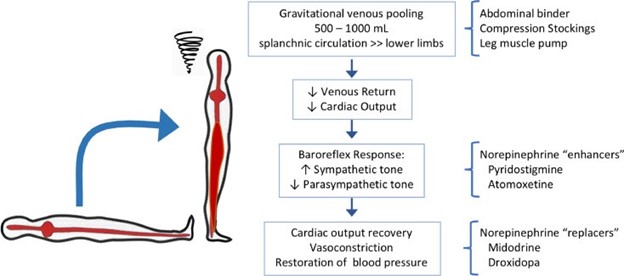A nurse is assisting with food selection for a client who follows kosher dietary traditions.
Which of the following food choices should the nurse include on the client’s food tray?
Ham sandwich with milk.
Shrimp salad and tomato soup with milk
Bacon and cheese quiche with milk
Scrambled eggs and toast with milk
The Correct Answer is D
D) Scrambled eggs and toast with milk.
For a client who follows kosher dietary traditions, it's essential to adhere to the rules and restrictions that pertain to kosher food preparation and consumption. Among the given options, the only one that aligns with kosher dietary guidelines is scrambled eggs and toast with milk.
The other options (A, B, and C) contain non-kosher ingredients, such as ham, shrimp, and bacon, which are not considered kosher. Additionally, mixing meat and dairy products is generally not allowed in kosher dietary practices. So, options A, B, and C would not be appropriate for someone following kosher dietary traditions.
Nursing Test Bank
Naxlex Comprehensive Predictor Exams
Related Questions
Correct Answer is C
Explanation

Correct Answer is C
Explanation
The correct answer is choiceC. Remove the cap and place it sterile-side up on a clean surface.
Choice A rationale:
Placing sterile gauze over areas of spilled solution within the sterile field is not recommended. Spilled solution can compromise the sterility of the field, and covering it with gauze does not restore sterility. Instead, the nurse should avoid spilling solution to maintain the sterile field.
Choice B rationale:
Holding the irrigation solution bottle with the label facing away from the palm of the hand is incorrect. The correct technique is to hold the bottle with the label facing the palm. This prevents the label from getting wet and unreadable, ensuring that the nurse can always identify the solution correctly.
Choice C rationale:
Removing the cap and placing it sterile-side up on a clean surface is the correct action. This maintains the sterility of the cap, preventing contamination when it is replaced on the bottle. Ensuring the cap remains sterile is crucial for maintaining the sterility of the solution.
Choice D rationale:
Holding the bottle in the center of the sterile field when pouring the solution is incorrect. The bottle should be held outside the sterile field to prevent contamination. The solution should be poured carefully to avoid splashing and compromising the sterile field.
Whether you are a student looking to ace your exams or a practicing nurse seeking to enhance your expertise , our nursing education contents will empower you with the confidence and competence to make a difference in the lives of patients and become a respected leader in the healthcare field.
Visit Naxlex, invest in your future and unlock endless possibilities with our unparalleled nursing education contents today
Report Wrong Answer on the Current Question
Do you disagree with the answer? If yes, what is your expected answer? Explain.
Kindly be descriptive with the issue you are facing.
